Reishi mushrooms, a popular supplement in traditional medicine, work over varying time frames depending on multiple factors. Typically, noticeable effects may be observed anywhere between 2 weeks to 2 months of regular usage.
This period can change depending on individual physiological differences, the Reishi dosage, frequency of intake, and the form in which Reishi is consumed. However, it's important to remember that the effectiveness and duration before results are seen can significantly vary from person to person.
In the quest for natural health solutions, reishi mushrooms have emerged as a beneficial supplement, holding a significant place in traditional Eastern medicine. Given their potential to support immune function, combat stress, and even contribute to longevity, their appeal is undeniably broad. Yet, despite the enthusiasm around their use, one question lingers in the minds of many prospective users: how long does it take for reishi mushrooms to work?
In this article, we will delve deeper into reishi mushrooms, exploring their history, health benefits, and the timeline of their effectiveness. By looking at scientific studies, anecdotal evidence and understanding the factors that can influence their efficacy, we aim to shed light on this fascinating supplement and guide you in your journey toward natural health optimization.
The Reishi Mushroom: An Age-Old Ally in Traditional Medicine
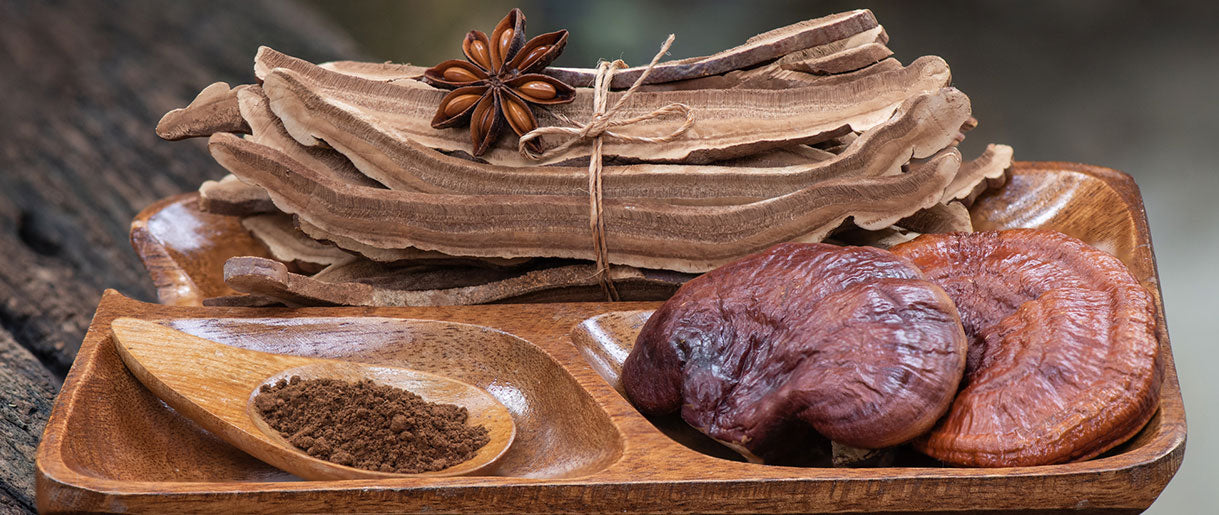
The Reishi mushroom, scientifically known as Ganoderma lucidum, has a rich history as one of the most revered medicinal mushrooms. It has been a cornerstone of traditional medicine for thousands of years, particularly in Asian cultures. The medicinal use of Ganoderma lucidum is deeply entrenched in practices like Traditional Chinese Medicine, where it is used to promote longevity and overall health.
Those considering taking reishi mushrooms are standing on the shoulders of centuries of use. The understanding and application of reishi mushroom benefits have stood the test of time while still holding significance in contemporary wellness routines. The practice of taking reishi mushrooms has evolved over the years, but its core benefits remain highly valued.
Potential Health Benefits: From Immune Functions to Blood Pressure
One of the primary reasons to take Reishi is its potential to enhance the immune system. As a functional mushroom, Ganoderma lucidum is packed with bioactive compounds that can support immune functions. Studies have shown that(1) taking Reishi can stimulate the body's immune response, helping the body adapt to various threats.
In addition to the immune system, other health benefits associated with reishi mushrooms extend to heart health and blood pressure regulation. Scientific investigations(2) into the potential cardiovascular effects of reishi mushrooms have uncovered its ability to help manage blood pressure levels, making it a potentially valuable addition to a heart-healthy lifestyle.
Reishi and Its Role in Blood Sugar Management and Cancer Prevention
When looking at the range of benefits of Reishi, it's impossible to overlook the evidence suggesting that Reishi treats diabetes by helping lower blood sugar levels. This attribute underscores the versatility of this medicinal mushroom, illustrating its multifaceted role in promoting overall wellness.
Reishi's potential role in cancer treatment and prevention is another intriguing aspect. Although it's crucial to note that Reishi should not replace conventional cancer treatments, preliminary research indicates(3) that the compounds found in reishi mushrooms may inhibit cancer cell growth.
The Power Within: Bioactive Compounds in Reishi Mushrooms
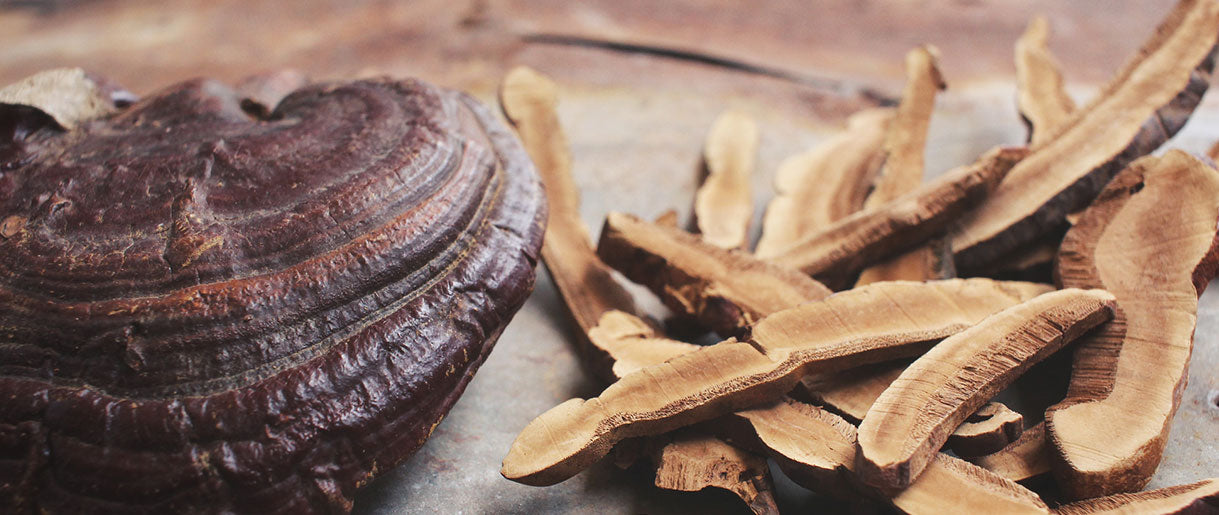
The scientific name for the reishi mushroom is Ganoderma lucidum. This fungus is packed with bioactive compounds, primarily responsible for the vast array of health benefits associated with its use. These compounds include antioxidants, bioactive polysaccharides, and Ganoderma lucidum polysaccharide extract.
Antioxidants help to combat oxidative stress in the body, a factor associated with numerous chronic diseases. By boosting antioxidant activity, taking reishi mushroom can protect against certain conditions linked to oxidative damage.
Bioactive polysaccharides, particularly the ones found in Ganoderma lucidum polysaccharide extract, enhance the body's immune response. They stimulate white blood cells, the warriors of our immune system, to work more efficiently.
How Does Reishi Influence the Human Body?
Scientific evidence has provided valuable insights into how these bioactive compounds work within our bodies. It's been found that Reishi's effects on the immune system are primarily driven by the bioactive polysaccharides stimulating white blood cells.
Interestingly, these immune-enhancing effects are not the only way Ganoderma lucidum interacts with our bodies. The fungus also has potential cardioprotective effects, including the ability to lower blood pressure, thanks to certain antioxidants.
For most people, the question often is, "how long does it take for reishi mushroom to work?" It's important to understand that the timeframe can vary. However, the effects of the antioxidants and polysaccharides begin to take place a few hours after ingestion, especially when taken on an empty stomach.
Bioavailability and Absorption: The Journey of Reishi in the Body

In the context of Reishi as a functional supplement, bioavailability refers to the portion of the ingested substance that the body can readily use. On the other hand, absorption is the process of these compounds entering the bloodstream from the digestive tract.
Studies indicate that Reishi is a rich source of prebiotic fiber, which can aid in the absorption of the mushroom's beneficial compounds. Interestingly, the bioavailability of Reishi can be influenced by dosage, with higher doses leading to increased absorption.
Remember that while the effects can start within a few hours, reaching the point where you notice tangible improvements in wellness goals such as enhanced immune function or lower blood pressure may take longer. This is primarily due to factors such as individual physiology and the initial state of one's health.
Individual Differences: The Role of Age, Metabolism, and Overall Health
When answering the question, "how long does it take for reishi mushroom to work," it's crucial to understand that everyone is unique. How our bodies respond to Ganoderma lucidum, or reishi mushroom, can vary widely due to individual physiological differences.
Age, metabolic rate, and overall health can all influence how quickly and effectively the reishi mushroom works. For example, a person with a faster metabolism might process reishi mushroom extracts more quickly than someone with a slower metabolic rate. Similarly, younger individuals might notice effects sooner than older people due to their generally more responsive body systems.
Dosage and Frequency: How Much and How Often to Take Reishi
Another crucial factor influencing how long it takes for reishi mushroom to work is the dosage and frequency of intake. Most reishi supplements come with manufacturer guidelines on the optimal dosage, but these can vary.
Some people prefer to take Reishi in smaller doses more frequently throughout the day, while others might opt for a single, larger dose. It's important to remember that the right frequency and dosage can differ for each person. It's advisable to start with a smaller dose and gradually increase it as your body adjusts.
The Form Factor: Reishi Powder, Extract, Tea, and More
The form in which you take Reishi also impacts its efficacy and the time it takes to notice its effects. Reishi mushroom can be consumed in various forms, including Reishi powder, Reishi extract, Reishi mushroom tea, and capsules.
Reishi powder and Reishi extract are often favored for their versatility. They can be mixed into foods or drinks, which may enhance absorption. On the other hand, Reishi mushroom tea offers a soothing way to enjoy the benefits of these medicinal mushrooms, while capsules are favored for their convenience.
The form you choose will depend on your preference, but it can influence the time it takes for the benefits of Reishi to manifest.
Interactions with Foods or Medicines
The interaction of reishi mushroom with other foods or medicines can also impact its effectiveness. Certain foods may enhance or hinder the absorption of reishi mushroom extracts, influencing how long it takes for Reishi to work. Other medications can also interact with Reishi, affecting its absorption and efficiency.
From Studies to Stories: The General Timeline of Reishi's Effects

The answer to the question, "how long does it take for reishi to work?" varies based on individual factors and the form in which Reishi is consumed. However, there is some consensus about a general timeline in scientific studies and anecdotal evidence.
Individuals often start to feel the effects of medicinal mushrooms like Reishi within a few weeks of consistent use. Some subtle changes can be noted within a week, particularly if consuming high-potency reishi mushroom extract. This timeline aligns with scientific studies, where researchers often evaluate the impact of Reishi over several weeks to a few months.
Reishi Tea and Mushroom Extract: What's the Difference?
If you're taking Reishi in different forms, the timeline varies. For example, those taking reishi mushroom extract may notice effects sooner than those consuming reishi tea. This difference is due to the extract's higher concentration of bioactive compounds, allowing for faster absorption and results.
Personalized Paths: Variations in the Reishi Timeline
While the general timeline offers a helpful starting point, it's important to remember that everyone's experience with Reishi can be different. Individual physiology, lifestyle factors, and the specific health goals you're targeting can all influence how long it takes for Reishi to work.
For instance, if you're taking Reishi for a chronic condition, it might take longer to notice improvements than if you're taking it for general wellness. Your body's initial state can significantly affect how quickly you experience the benefits of Reishi.
Recognizing Reishi's Influence: Potential Signs and Symptoms

Once you start to take reishi mushroom, several signs and symptoms might indicate its effectiveness. These signs can vary from person to person, but some common indications include:
- Improved Immune Function: One of the primary benefits of Reishi is its immune-boosting properties. You might notice fewer colds or illnesses, quicker recovery times, and generally feeling healthier.
- Better Sleep: Since Reishi improves sleep quality, many people report improved sleep patterns after starting Reishi, experiencing more profound, more restful sleep.
- Increased Energy: Some users feel more energetic and alert during the day.
- Decreased Stress and Anxiety: A sense of calm and decreased stress or anxiety levels can indicate that the reishi mushroom is working, thanks to its adaptogenic properties.
- Changes in Blood Clotting: Reishi can inhibit platelet aggregation, which affects blood clotting. While this isn't something you would notice in everyday life, if you're monitoring your health with a healthcare provider, they might detect changes in clotting times during routine tests.
Remember that these signs can start to appear within the first few weeks of taking reishi mushroom, although they might take longer to manifest in some individuals.
Subjectivity and Self-Monitoring: Understanding Your Body's Responses
As with any supplement, the effects of reishi mushroom can be subjective and vary widely among individuals. What one person experiences might differ from what another person experiences, even at the same dosage. It's essential to pay attention to your body and monitor any changes you notice while taking Reishi.
Understanding these signs and how to monitor them can help you determine the effectiveness of Reishi in your wellness routine. While noticing these signs can indicate Reishi's influence, not experiencing them immediately does not necessarily mean the supplement isn't working. Always give your body time to adjust and respond to the new supplement.
Reishi Mushrooms: A Supplement, Not a Substitute
It's important to remember that while reishi mushrooms have a long history of use in traditional medicine and have numerous health benefits, they are not a substitute for professional medical advice or treatment. When facing a health issue, always consult with a healthcare professional. Supplements like Reishi can complement your healthcare plan but should not replace necessary medical interventions.
Reishi mushrooms are known to slow blood clotting, which can be beneficial in some circumstances but might pose risks in others. If you are planning surgery, have a bleeding disorder, or are on blood-thinning medications, discussing your use of Reishi powder with your doctor is crucial.
Seeking Medical Advice: When to Talk to Your Doctor
While reishi mushrooms are generally safe for most people, there are situations where you should consult with a healthcare professional. These include:
Adverse Reactions
If you experience adverse side effects such as dizziness, upset stomach, or allergic reactions after taking reishi mushrooms, it's advisable to seek medical attention.
Lack of Improvement
If you've been taking Reishi for a significant period without seeing any improvements in the conditions you hoped to alleviate, it would be a good idea to talk to your doctor. They can help determine if Reishi is the right supplement for you or if there are other treatments you should consider.
Chronic Health Conditions or Medication Interactions
If you have a chronic health condition or are taking other medications, it's always best to consult your doctor before starting any new supplement, including Reishi. Some substances can interact with Reishi in ways that may impact its effectiveness. In some cases, medications can cause unforeseen side effects of these mushroom supplements.
FAQs About How Long Does It Take For Reishi Mushroom To Work
Can Reishi Mushrooms Interact Negatively With Other Supplements?
When used appropriately, reishi mushrooms are generally considered safe for most people but can interact with other supplements and medications. Here's what you need to know:
- Blood-Thinning Supplements and Medications: Reishi mushrooms slow down blood clotting. Therefore, taking them with other supplements or medications with the same effect might increase the risk of bleeding. This includes supplements such as garlic, ginkgo, turmeric, fish oil, and vitamin E.
- Immune-Boosting Supplements: Reishi mushrooms stimulate the immune system. Suppose you're taking other supplements that boost immune response, such as echinacea or astragalus. In that case, you might enhance this effect, which may not always be desirable, especially for people with autoimmune diseases.
- Supplements Lowering Blood Pressure: Some reports suggest that reishi mushrooms might lower blood pressure. If you're already taking supplements for this purpose, Reishi might enhance this effect, leading to blood pressure that is too low.
It's always best to consult a healthcare professional before beginning any new supplement regimen, especially if you're already taking medications or other supplements.
What Is The Recommended Way To Store Reishi Mushroom Products To Maintain Their Potency?
To maintain the potency of reishi mushroom products, proper storage is essential. Here are some general recommendations:
- Keep it Cool and Dry: Store reishi mushroom products in a cool, dry place. This prevents the growth of mold and bacteria and protects the product from degradation caused by heat.
- Avoid Direct Sunlight: Direct sunlight can degrade reishi mushroom products over time. Keep your product in a cupboard or drawer where it won't be exposed to sunlight.
- Seal the Container: After opening a container of reishi mushroom powder or capsules, reseal it tightly. This prevents air and moisture from entering and potentially degrading the product.
- Follow Product-Specific Instructions: Always check the packaging of the reishi mushroom product for any specific storage instructions from the manufacturer. Some products may require refrigeration after opening.
By following these storage guidelines, you can help ensure that your reishi mushroom products remain as potent and effective as possible for their shelf life.
What Is Dual Extraction In Reishi Mushroom Processing, And Why Does It Matter?
Dual extraction is a method used to process medicinal mushrooms, including Reishi (Ganoderma lucidum). This process is essential because it allows a more comprehensive extraction of the bioactive compounds found within the mushroom.
Reishi mushrooms contain two main types of bioactive compounds: water-soluble polysaccharides and alcohol-soluble triterpenes. The dual extraction process involves two steps:
- Water Extraction: First, the mushrooms are boiled in water to extract the water-soluble polysaccharides. These compounds are known for their immune-boosting properties.
- Alcohol Extraction: After the water extraction, the same mushroom material is soaked in alcohol. This extracts the alcohol-soluble triterpenes, compounds known for their potential anti-inflammatory and liver-protective effects.
Key Takeaways
Understanding the timeline of the reishi mushroom's effectiveness is critical. As we've seen, the effects of this functional supplement can vary depending on individual factors such as metabolism, overall health, dosage, and the form in which it is consumed. Typically, effects might start showing after at least two weeks of consistent use, but they can vary significantly depending on the person and the reason for taking Reishi.
We've also considered the signs that reishi mushrooms are working and discussed the caution needed regarding interactions with other supplements or medications. The importance of seeking medical advice was reiterated, especially in cases of adverse reactions, a lack of improvements, or for those with pre-existing health conditions.
As you incorporate Reishi into your wellness routine, observe your body's responses and be patient. Improvements in your well-being might not be immediately noticeable but can accumulate over time.
We hope this article has provided helpful insights on the journey with reishi mushrooms and answered the question, "how long does it take for reishi mushroom to work?"
Do you have any personal experiences with reishi mushrooms you'd like to share? Or perhaps additional questions we haven't covered? We invite you to leave a comment below. Your experiences and queries can help build a knowledge community around this fascinating medicinal mushroom.
References
- Immunomodulating Effect of Ganoderma (Lingzhi) and Possible Mechanism, (1)https://pubmed.ncbi.nlm.nih.gov/31777013/
- Ganoderma lucidum mushroom for the treatment of cardiovascular risk factors, (2)https://www.ncbi.nlm.nih.gov/pmc/articles/PMC6486141/
- Ganoderma lucidum (Reishi mushroom) for cancer treatment, (3)https://www.ncbi.nlm.nih.gov/pmc/articles/PMC6353236/




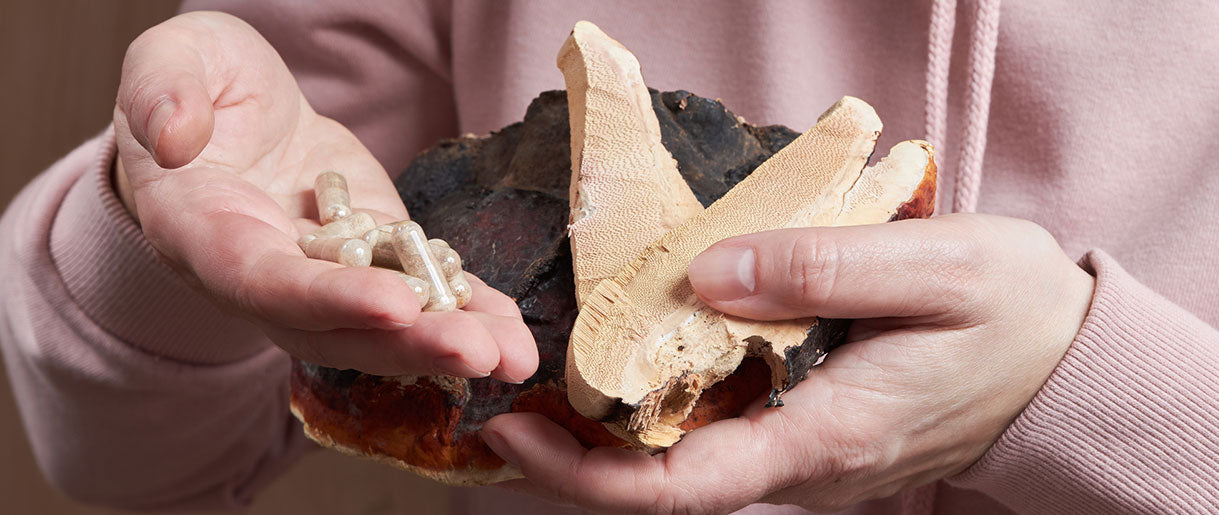


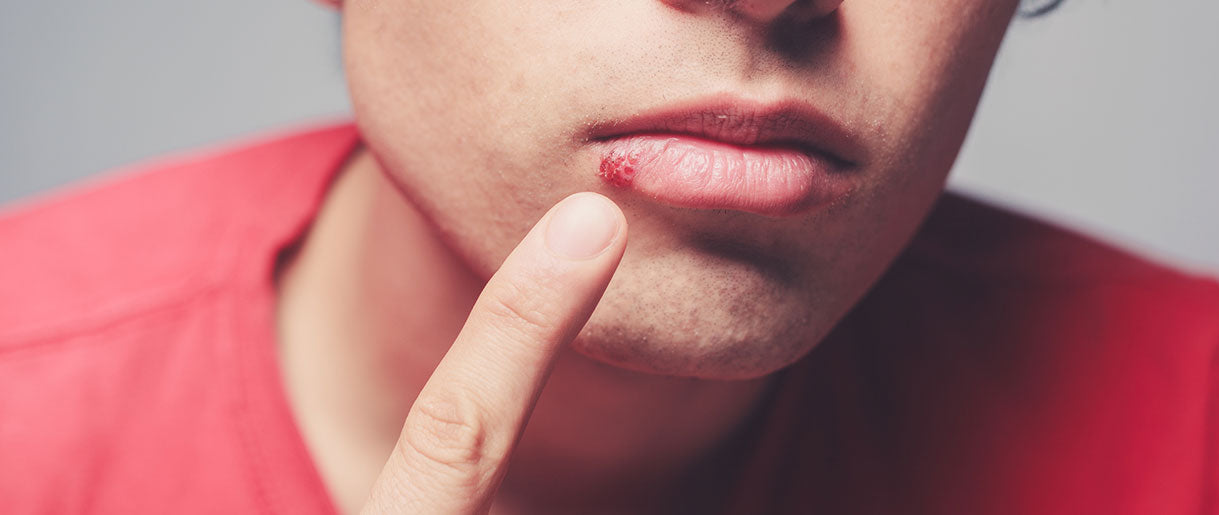
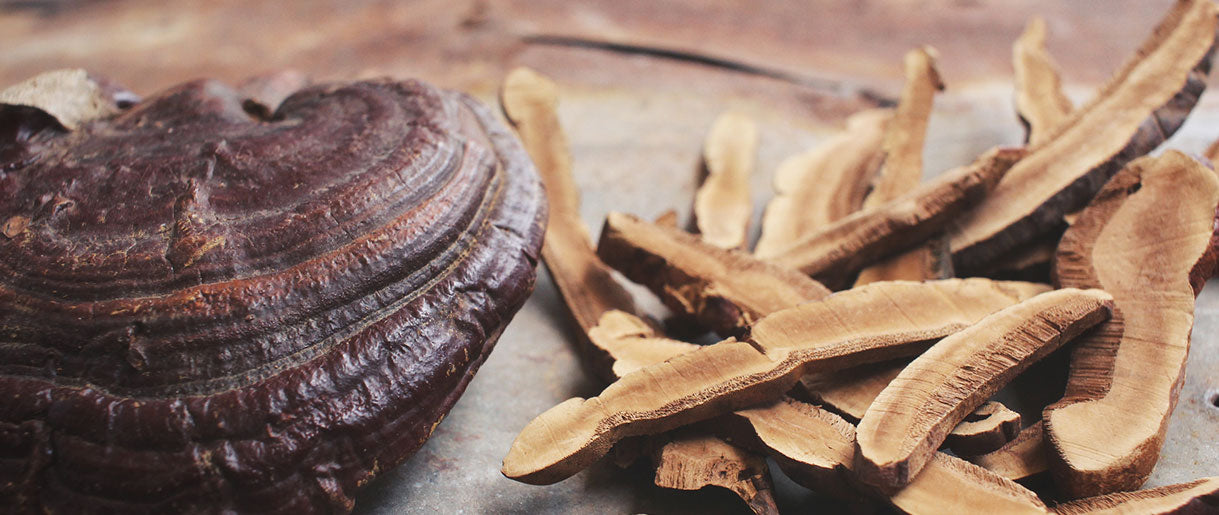
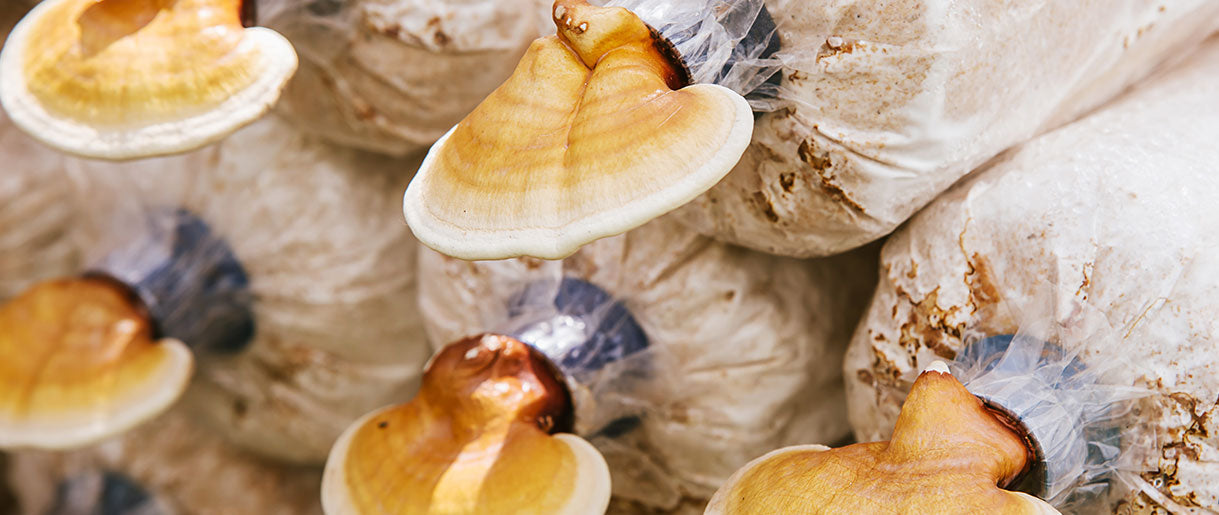
Let Us Know Your Comments